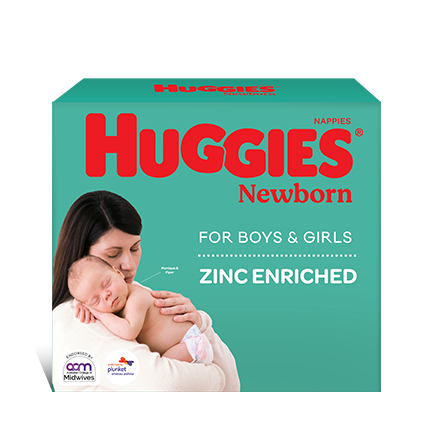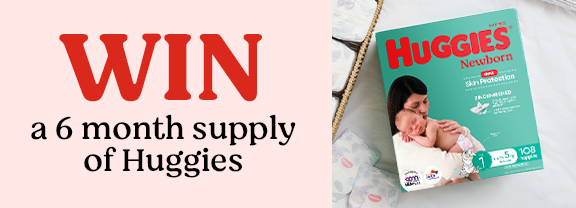Helpful ideas for keeping your home safe.
Most accidents occur at home and over half involve children under the age of 5. Here are just a few suggestions of ways to improve home safety.
On the Stairs
- Fit stair gates at the top and bottom of the stairs. It is not recommended to use pressure-mounted gates at the top of the stairs.
- Always open gates yourself and never climb over them, otherwise “Monkey see monkey do”.
- Vertical posts on the gate should not be wider than 10cm apart.
- Ensure toys and clothes are not left on the stairs for someone to trip over.
- Teach your baby to come down the stairs backwards on their tummy. They should also be encouraged to crawl up the stairs (until about 3 years of age) to prevent them from toppling.
- Once your baby is able to open or step over a stair gate it should no longer be used as a safety device.
Medicines, Poisons and Chemicals
- Poisoning does not always occur from the conventional chemicals like bleach and washing liquid etc, but from more common items. Nail polish remover, deodorant, make up, vitamins, essential oils, bubble bath and alcohol are all potentially harmful to your child.
- Don’t pretend that medicine is a sweet or drink, and always keep it in its clearly labelled bottle. Dispose of any unused medicine at your local pharmacy.
- Ensure all potentially harmful substances are kept in a secure cupboard well out of reach of a child. Check what their ability to reach the cupboard is when standing on a chair. Child proof locks for drawers and cupboards are available at most stores.
- Make sure that you thoroughly rinse bleach and other chemical residue away from any surface after cleaning and put your cleaning tools well out of reach. Toilet brushes and cloths seem like great toys to most babies.
- Don’t leave pet food lying around; clear this away as soon as your pet has finished eating.
In the Kitchen
- Try to encourage your children to play away from the kitchen area.
- Ensure that all your knives, scissors and other sharp or heavy items are placed in a child proof cupboard or drawer.
- Consider installing a gate in the kitchen entrance if possible.
- Make sure that when you are working in the kitchen that your knives and chopping boards are pushed back from the edge of the bench to prevent them from being pulled down.
- Electrical appliances should not be left near the edge of the bench. Tidy all cords (flexes) to the back of the bench and turn off at the power point when not in use.
- Never pass over the top of your child with hot liquids or sharp tools.
- For obvious reasons, don’t store your fine china or any other precious items in a low cupboard.
- Teach your child from an early age, the words “Hot”, “Danger” and “Stop”. Use these words only when necessary so that they keep their importance.
- Ensure pot handles are not left hanging over the edge of the stove. Consider using a guard (like a clothes horse) around your oven as the door may heat up and burn unsuspecting fingers. Also have strict rules about NEVER touching the oven, whether it is on or off. Babies and toddlers cannot tell the difference.
- Keep your bin out of reach of prying fingers or they may take recycling way too literally.
- Consider having one cupboard or drawer that is OK for your baby to play in. Perhaps the Tupperware drawer (it’s never neat anyway) or the bib’s (you probably haven’t had time to fold them either).
Fire Safety
- Ensure your home is fitted with at least one smoke detector per floor. Regularly check these.
- Have an escape plan that everyone in the family is familiar with.
- Set off the smoke alarm so that your children are familiar with the sound and know that it is there cue to move quickly.
- Teach them to “stay down low and go, go, go” if they hear the alarm.
- Never smoke around children.
- Teach your children to STOP (place hands over the face), DROP (lie down on the ground) and ROLL (roll backwards and forwards to put flames out) if their clothes catch on fire.
- It is a good idea to keep a fire blanket in the kitchen for smothering flare-ups.
- If you want to buy a fire extinguisher, consult your local fire brigade to find out which is the most appropriate type.
- Fire Safety at Home (PDF)
Also contact your state fire department.
Electrical Safety
- Ensure you have a safety switch fitted by a licensed electrician. They will advise you which is the most suitable for your home.
- Cover sockets with a plastic cover or move heavy furniture in front of them.
- Ideally use only one or two appliances per socket – overloading can start a fire.
- Replace any flexes (cords) if you see any signs of fraying.
- Keep electrical cords tidy and out of the way of little hands.
- Never leave an appliance cord hanging from a bench top. For example the iron or food blender.
- Keep sockets in the “off” position when not in use.
For more information see Child safety or Parenting
Last Published* June, 2024
*Please note that the published date may not be the same as the date that the content was created and that information above may have changed since.























